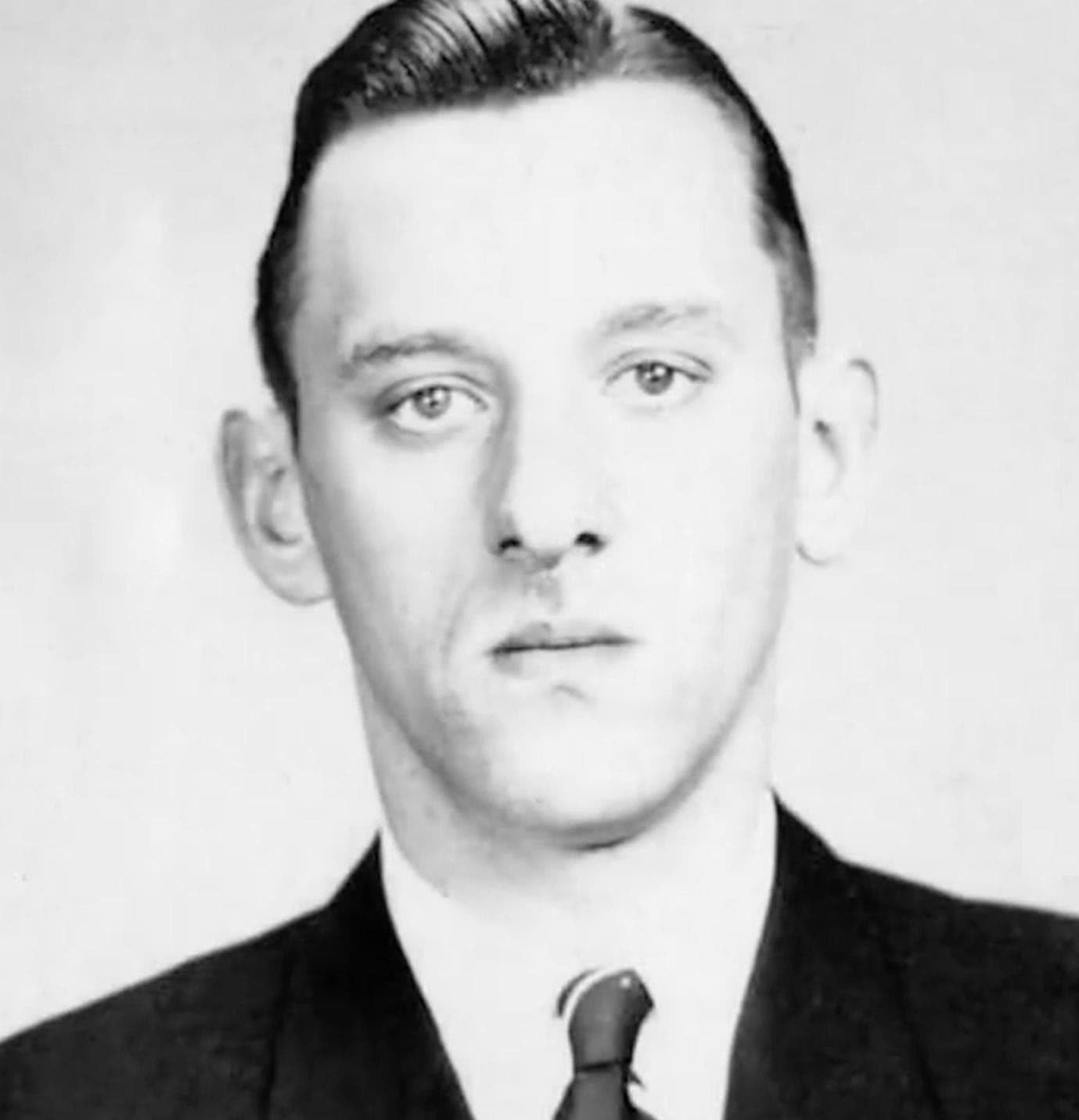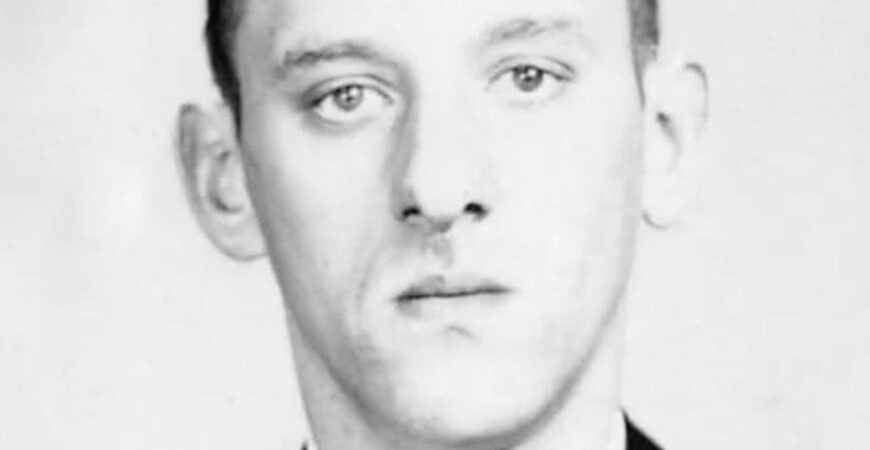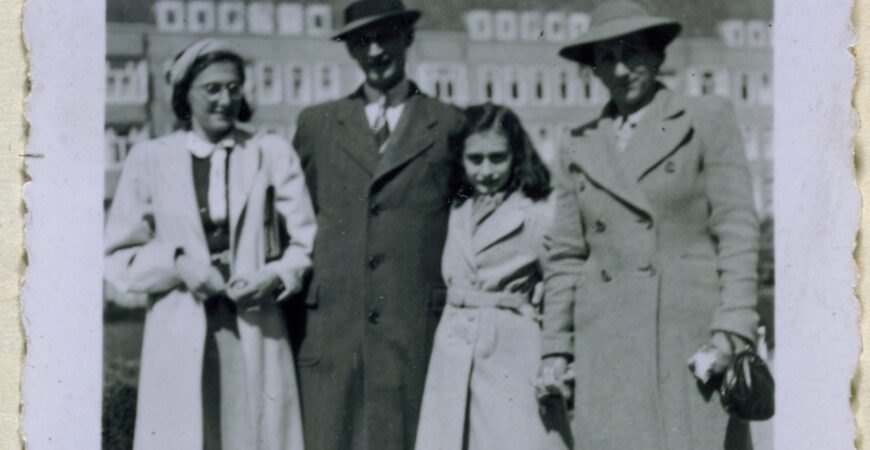Karl Josef Silberbauer was a Nazi officer who played a crucial role in the arrest of Anne Frank, a Jewish girl who became famous after her diary, chronicling her experiences during World War II, was published posthumously. Karl was born in Vienna on June 21, 1911, and grew up in a middle-class family. His father was a civil servant who served in the Austro-Hungarian Army during World War I. Karl joined the Nazi Party in 1931 and became a member of the SS in 1934.
Early Life and Career
Karl Silberbauer’s father was a civil servant in the Austro-Hungarian Army during World War I. His father died in 1920, and his family moved to Graz, Austria, where Karl grew up. After finishing school, Karl began working as a messenger for the Austrian Post Office. In 1930, he joined the Austrian Nazi Party and became a full-time party worker in Graz.
In 1934, Karl joined the SS and was assigned to the Vienna Police Department. He worked in the Political Department, which was responsible for monitoring and suppressing political opposition. Karl rose through the ranks and became a section leader. During the Anschluss, the annexation of Austria by Nazi Germany, in 1938, Karl was transferred to the German Security Service (SD) in Vienna. The SD was responsible for intelligence gathering and surveillance inside and outside Germany. Karl had a pivotal role in identifying and arresting Austrian Jews who were trying to flee the country.
World War II
Karl was sent to the Eastern Front in 1941, where he served as a platoon leader and company commander in the SS Division Wiking. The division fought on the Eastern Front and participated in the invasion of the Soviet Union. Karl was promoted to the rank of captain and received the Iron Cross, Second Class, for his bravery in combat.
Employee Card SS Oberscharfuhrer Karl Josef Silberbauer
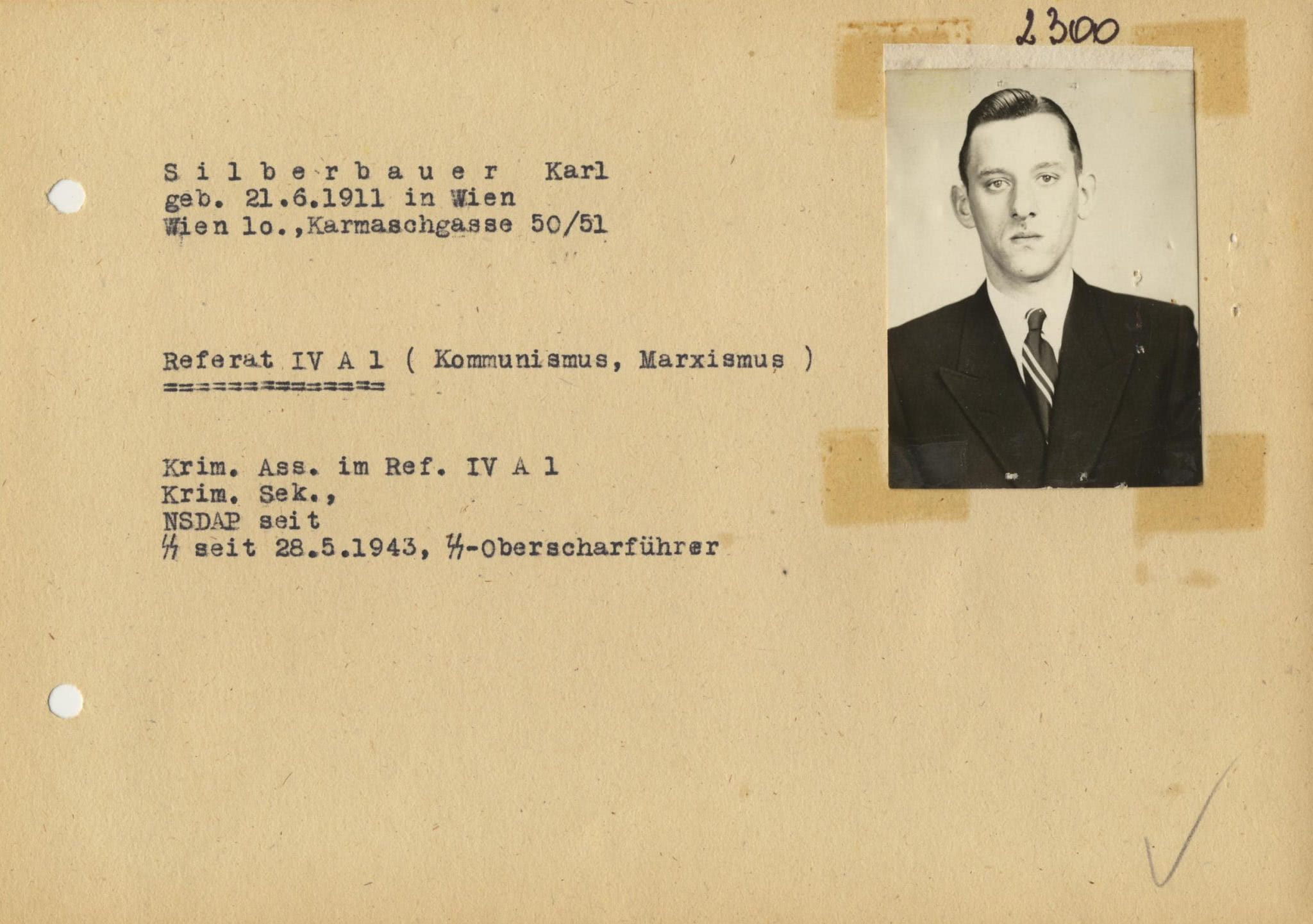
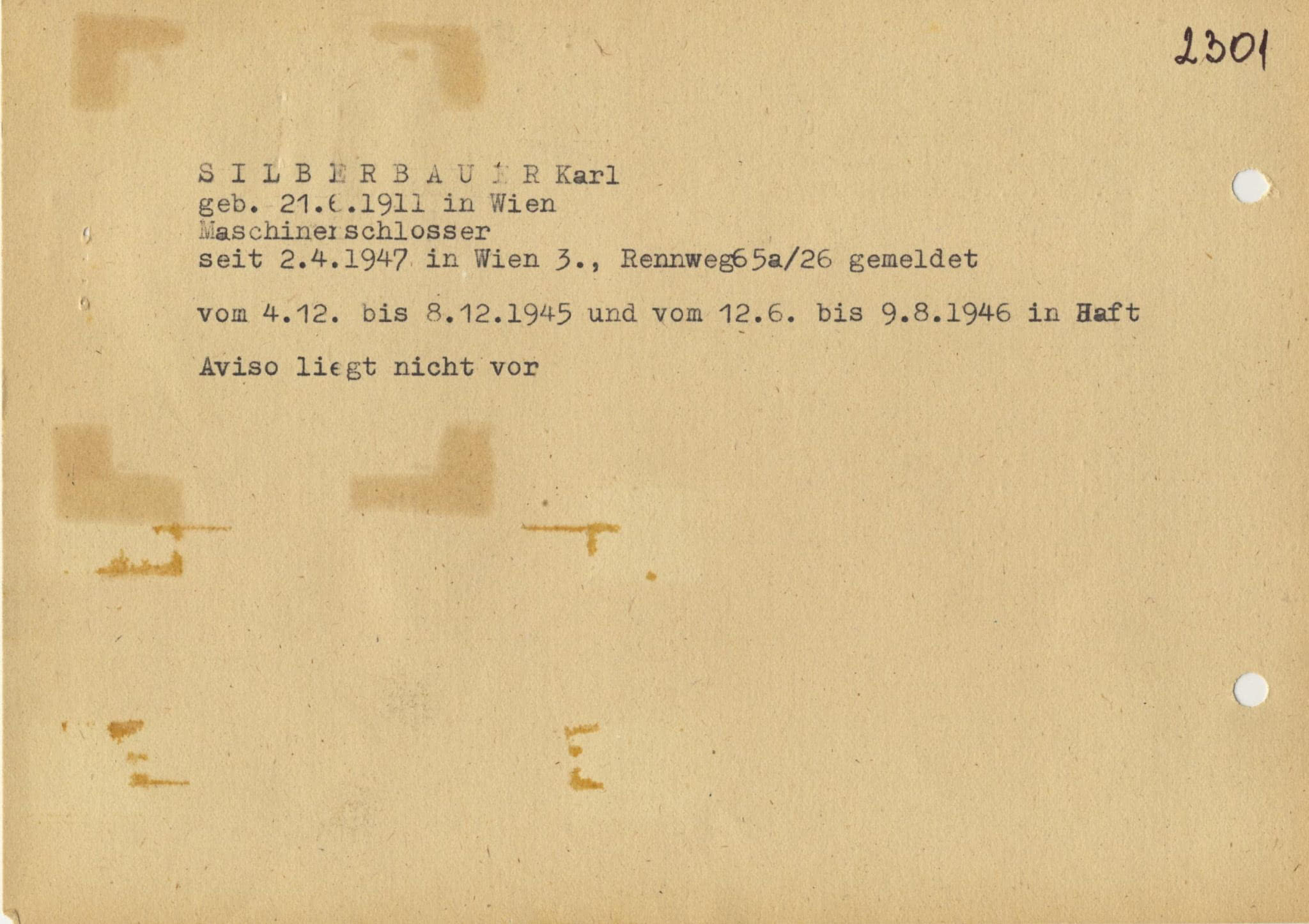
In 1944, Karl was transferred to the SD in Amsterdam. His duties included spying on the Dutch resistance, monitoring the black market, and identifying Jews in hiding. Karl was also responsible for the arrest and deportation of Dutch citizens who were suspected of working with the resistance.
Arrest of Anne Frank One of the most significant events in Karl Silberbauer’s career was the arrest of Anne Frank and her family on August 4, 1944. The Franks had been in hiding for over two years in a secret room behind a bookcase in an office building in Amsterdam. Karl received a tip from an informant that there were Jews hiding in the building and led a team
Arrest of Anne Frank
After two years of hiding in the attic of an old Amsterdam house, members of the Jewish Frank family and their fellow fugitive companions were arrested on August 4, 1944. On September 3, all of them were sent to Auschwitz, from where Anne and Margot were in October 1944 sent to Bergen-Belsen concentration camp, where they died in March 1945.
Karl Silberbauer, a lower-ranking SS member, sparked the interest of the world public twice in his post-war years. He first became the object of interest when Anne Frank’s published diary gained popularity in the early 1950s. However, the publishing of her diary made those who denied any existence of the holocaust doubt the diary’s authenticity, claiming that it was a forgery and that Anne Frank was a fictitious character.

